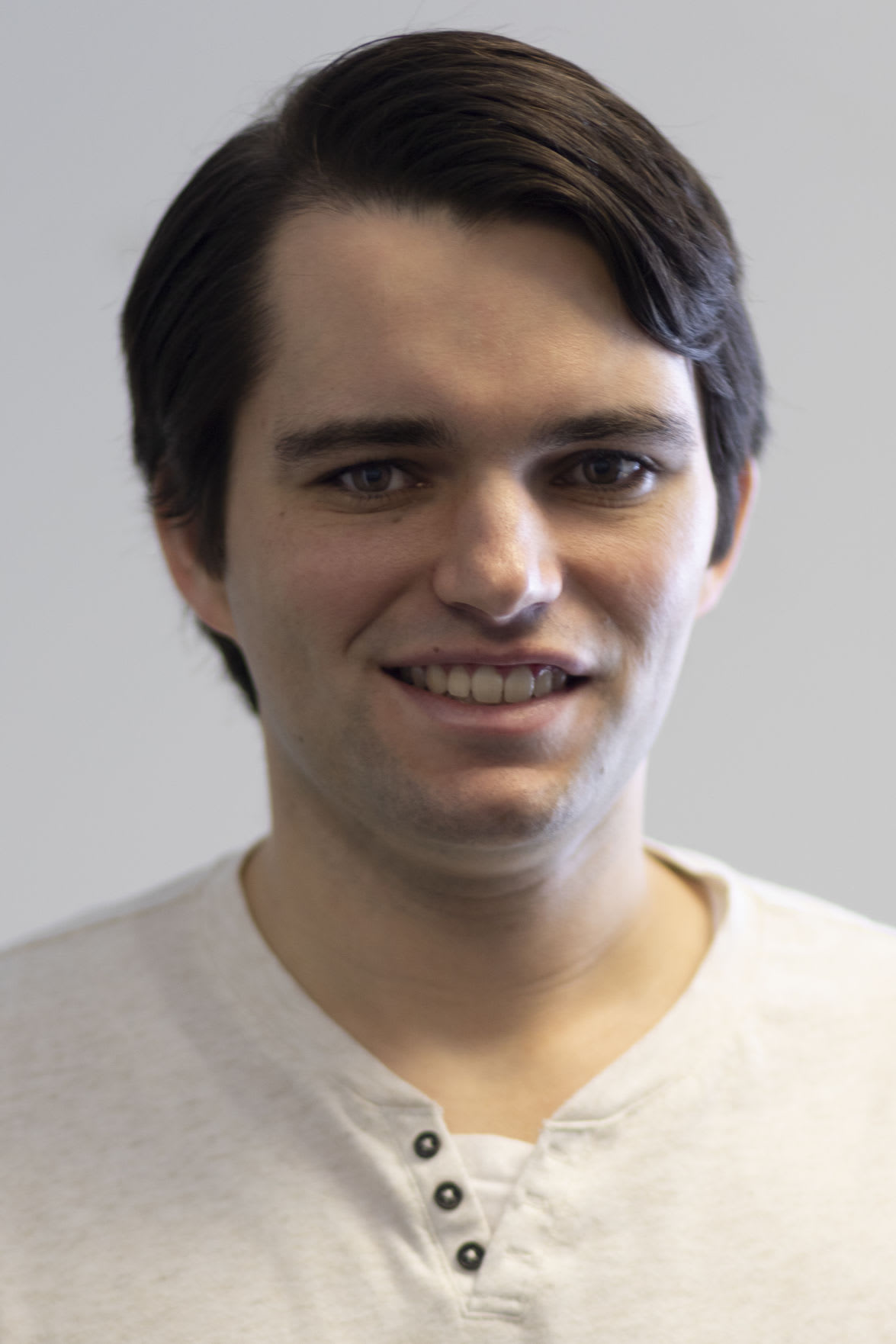Matt Balis, like the rest of Notre Dame’s coaching staff, was thrust into a world of home offices and Zoom meetings when COVID-19 wrecked college football operations and daily life.
He was prepared, though, and ready to act when campus closed and spring practice was shuttered. Balis, Notre Dame’s director of football performance, had his players install a workout tracking app and sent all of them three resistance bands to use for individual strength-building workouts. That would be manageable and satisfactory given the situation, he thought.
Until a new set of NCAA rules further complicated his job.
“We’re in uncharted territory in terms of how long we’ll go with unsupervised workouts,” Balis said.
In a list of guidelines released in early April, the NCAA said college coaches cannot mandate at-home workouts for their teams. Coaches are allowed to provide workouts, but they’re voluntary and players may not report progress or completion of them to coaches. The hours coaches are allotted for meetings with players decreased to eight per week because all sports are now in offseasons.
For Balis, that means he is in the dark on the players’ progress and personal gains instead of overseeing workouts and spending the summer in the weight room with them. Whenever Notre Dame is allowed to reconvene on campus will be his first chance to assess their progress. Until then, the burden is on the players to keep themselves in requisite condition.
“We’ve told our SWAT leaders, ‘It’s your team, you guys are self-evaluating and have access to what you need,'” Balis said. “It’s up to you to do it.”
Notre Dame appointed 12 SWAT (Spring/Summer Workout Accountability Team) leaders at the start of the offseason: quarterback Ian Book, running back Mick Assaf, tight end Brock Wright, offensive linemen Liam Eichenberg and Robert Hainsey, defensive linemen Daelin Hayes, Ade Ogundeji and Kurt Hinish, linebacker Drew White and cornerback Shaun Crawford.

Each oversees a group of players below them for offseason workouts in normal times. Now, the teams are much more about accountability and checking into make sure everyone is staying in shape, completing classwork and attending meetings with staff. All the leaders are entering at least their fourth year on campus, which Balis says helps him feel confident with his team’s potential for virtual productivity, all things considered.
“We have a team that understands greatness and take it upon themselves to be the best they possibly can be,” Balis said. “It was a group that was able to self-lead one of the better offseasons we have had as it relates to those things.
“We have a group that kind of does that and takes the team over. They can recognize when they have to get on guys. They’re very proactive in what needs to be done on a day-to-day basis and relaying the traits coach [Brian] Kelly wants.”
With the resistance bands, the players have the supplies to do something on their own accord, which is better than the otherwise nonexistent options for most of the team with gyms, training facilities and some parks closed.
Some players have found ways to be creative, too. Isaiah Foskey, for example, said the only other workout equipment at home in Northern California is a 40-pound dumbbell. He has used it for body weight exercises. He also has met one friend at a park to do running work. He posted a video on Twitter of him jumping out of a pool.
Elsewhere, Hainsey made his own weight rack out of cement blocks and wood, per Foskey, who is on his team. He said a couple of his teammates, Litchfield Ajavon among them, have pushed cars for extra work.

In meetings, part of Kelly, Balis and the rest of the coaching staff’s message to players has been to develop a routine while at home. Wake up and go to sleep at the same time. Eat breakfast. Set aside a specific time to exercise and do school. Whatever helps make everything feel like an accomplishment and create motivation, which can be harder to find when teammates aren’t around every day to push each other.
“Some days, I feel like this is with every athlete, some days you don’t feel like working out or doing anything,” Foskey said. “I feel like every athlete has that. It’d be hard to say every athlete hasn’t had that day. Everything’s at your own leisure, so you have to keep that schedule. That’s why I try to do everything in the morning.”
Thing is, resistance band training can only do so much when compared to the grueling weight circuits and hours-long workouts Balis puts Notre Dame through on campus. It’s not a perfect setup.
A central principle of Balis’ offseason program, though, is creating a culture of accountability through strength workouts and keeping faith amid unideal situations. Balis wants his pupils to build “traits of excellence” in workouts. With a seasoned group of leaders and two productive months before the shutdown, the potential for Balis to feel unnerved about having his team dispersed while he is essentially powerless is low. If accountability can remain alive in these circumstances, it can exist just about anywhere else. A culture can still be maintained.
“We have a very self-driven and self-motivated team,” Balis said. “We may find they’re a lot further than we ever expected, or we have to take the approach that they’ve been gone a long time and we have to take the safest approach for the guys.”
----
• Talk about it inside Rockne’s Roundtable
• Watch our videos and subscribe to our YouTube channel
• Subscribe to our podcast on iTunes
• Learn more about our print and digital publication, Blue & Gold Illustrated.
• Follow us on Twitter: @BGINews, @BGI_LouSomogyi, @BGI_MikeSinger, @PatrickEngel_, @ToddBurlage and @AndrewMentock.
• Like us on Facebook.
